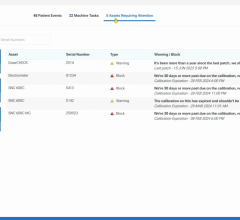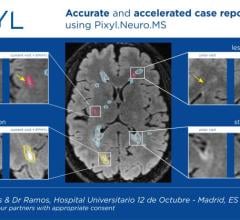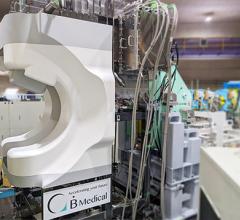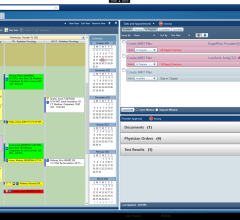May 4, 2011 – The most recent release of Via Oncology Pathways from D3 Oncology Solutions now includes decision support for advance care planning to encourage early discussions between oncologists and their patients about the disease, treatment intent and likely outcomes.
Recent articles on appropriate palliation and hospice have demonstrated positive effect that attention to planning end of life care can offer. One such study in oncology, a New England Journal of Medicine article by Temel JS et al, demonstrated over two months survival benefit to patients receiving less aggressive care in combination with symptom palliation in advanced non-small-cell lung cancer.
Advance care planning can be an increasingly difficult conversation for physicians, patients and family members as the disease progresses, balancing the benefit of continued aggressive treatment with a realistic appraisal of the benefit. Via Oncology Pathways raises the topic of advance care planning early in the process before treatments begin to ensure the patient has the best chance to make well-informed and thoughtful decisions.
The addition of the advance-planning feature prompts the oncologist to record whether the intent of a patient's treatment was curative or non-curative, and whether that intent was discussed with the patient. Additionally, for all patients with late stage disease, hospice or palliative care is prioritized as a pathway consideration each time the physician sees the patient. The oncologist, however, always maintains control with respect to when and how to broach the conversation with a patient make choices for end-of-life care.
Currently, D3's Via Oncology Pathways cover more than 85 percent of cancer diagnoses and include chemotherapy and biologics, radiation therapy, prognostic testing, supportive care treatments and advance care planning. All aspects of the pathways are delivered through a Web-based, patient-specific, point-of-care decision support tool that integrates into the practice's other information technologies. Additionally, advance care planning support is seamlessly built into the software to support the physician's workflow.
For more information: www.d3onc.com


 July 11, 2024
July 11, 2024 









